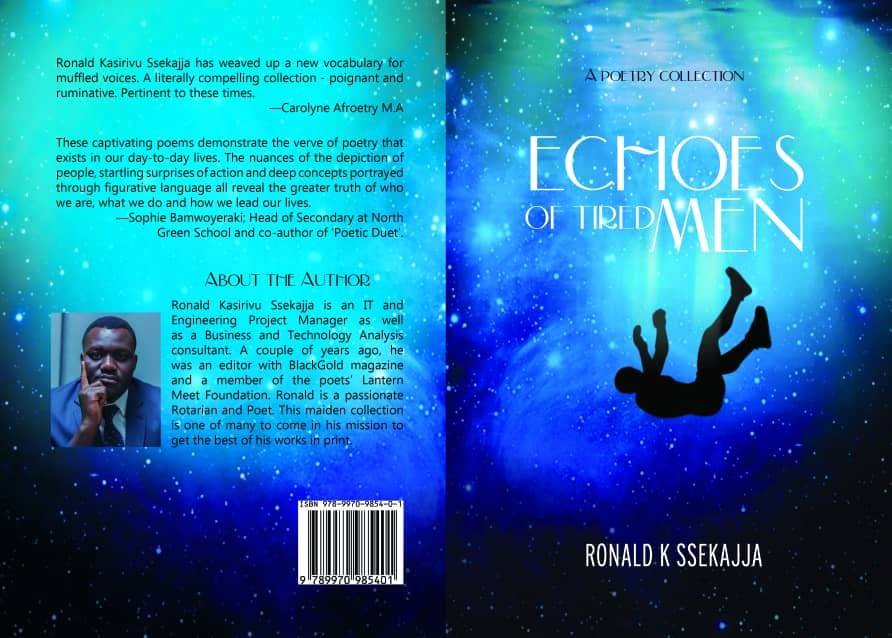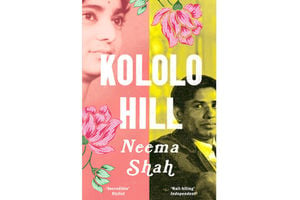
Title: Echoes of Tired Men
Author: Ronald Ssekajja
Availability: Aristoc Bookshop
Published: 2018
Price: Shs30,000
Pages: 27
PHILIP MATOGO
“Wiggling on simple fonts, I watch silent lines attempt to find rhyme. What befell audible poets?” writes Ronald Ssekajja in the poem What befell audible Poets?
The undertow of lament is distinct. The poem reads like a running commentary on a sad state of affairs, with tears taking the place of ink.
Audibility in poetry is essential, after all.
That is the audibility of purpose as well as the audible fragrance of the words a poet uses. But if this audibility is muted by externalities with respect to the poet’s inner feelings and thoughts, then the poetry is silenced and the poet is gagged.
Imagine a world in which the words of poets deserted them. If you can imagine such a world, then you can imagine why the persona in this poem is lamenting.
In the poem If I Didn’t Love You, Ssekajja switches lanes as he is found cruising for a bruising amidst the roseate thorns of love.
Still, he navigates this faux-ecological reality with a barely concealed brio that is anything but your garden variety approach to love.
“But if this wasn’t worth its worthiness/if I never loved you, if I had never had that kiss, if I had never hugged you, I would still mourn you,” he writes.
This brings to mind the oft-quoted Alfred Lord Tennyson line, ‘Tis better to have loved and lost than never to have loved at all.
Since we are emotional beings, love is inevitable.
Whether you love someone or something, the enduring reality is that we are born to love in all its dimensions. Even hate is really the underside of love.
The persona in this poem is stating without stating this by saying that even if he never loved the object of his affection, there would still be a sense of loss.
That is because we are less of ourselves when we do not love, in view of our being made to love.
“But after that silence, after that madness/after the last words, I am sure/that if I didn’t love you, I would still love you,” he adds in a later stanza.
This is profound in that it elevates love to where it belongs.
At this point, you must be hearing strains of the classic song “Up Where We Belong”; recorded by Joe Cocker and Jennifer Warnes for the 1982 film An Officer and a Gentleman.
In that song, love soars to a mountain high. In this poem, the persona’s love scales that mountain.
One of the best poems in this poetry collection is “Disremembered.” Let me show you why.
“We disremembered the cries of women dying in labour. We disremembered the government,
the leaders or anything close to it. There is nothing to remember but the tears in our eyes. We have disremembered the right to speak,
Ever living under the mask of “No Change”..
Overall, Ssekajja, who is the founding president of the Poets Association of Uganda, has written a resoundingly winning book.

